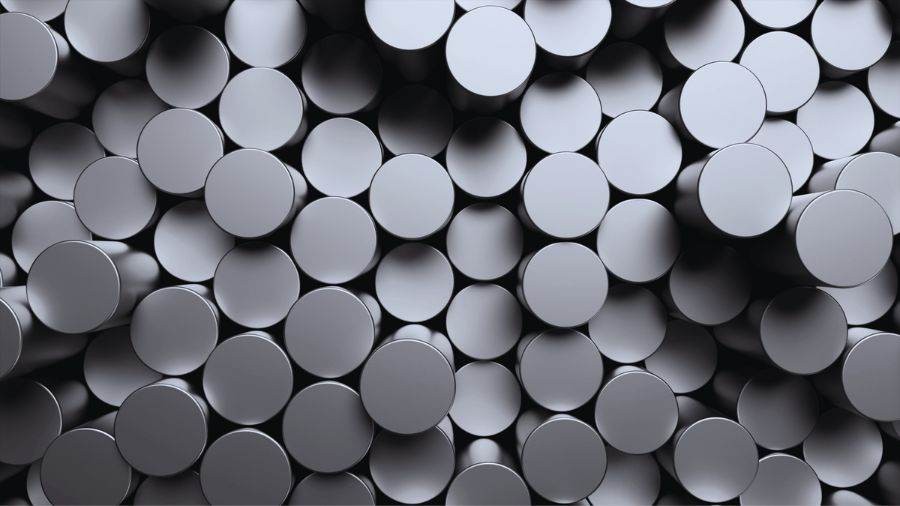Insights into Global Ferrous Metal Suppliers and Market Trends

In the rapidly evolving global trade landscape, ferrous metal suppliers play a pivotal role in shaping industrial operations and economic dynamics. From powering manufacturing processes to serving as foundational materials in construction projects, ferrous metals like iron and steel are indispensable assets in various sectors worldwide.
Ferrous metal suppliers serve as the backbone of numerous industries, meeting diverse needs from automotive production to infrastructure development. These suppliers contribute significantly to technological advancements and innovation in manufacturing processes. As businesses strive for efficiency and sustainability, the role of ferrous metal suppliers becomes increasingly crucial in meeting evolving demands.
In recent years, the ferrous metal industry has witnessed notable shifts driven by technological advancements, geopolitical factors, and changing consumer preferences. With the rise of electric vehicles (EVs) and renewable energy infrastructure, there's a growing demand for specialty ferrous alloys, prompting suppliers to adapt and diversify their product offerings.
Despite facing challenges such as fluctuating raw material prices and regulatory constraints, ferrous metal suppliers are embracing digitalization and automation to streamline operations
e
The COVID-19 pandemic underscored the importance of resilient supply chains in mitigating disruptions and safeguarding business continuity. Ferrous metal suppliers have implemented robust risk management strategies and diversified sourcing to minimize vulnerabilities and maintain seamless operations amidst unprecedented challenges.
As sustainability initiatives gain traction worldwide, ferrous metal suppliers are increasingly adopting eco-friendly practices and investing in renewable energy solutions to reduce carbon emissions and minimize environmental footprint. From implementing energy-efficient production methods to recycling scrap metal, the industry is committed to driving positive change and contributing to a greener future.
Innovation remains at the forefront of the ferrous metal industry, with suppliers continuously investing in research and development to enhance product quality, performance, and durability. Advanced metallurgical techniques, such as additive manufacturing and nanostructuring, are revolutionizing material design and opening new possibilities for applications across various sectors.
The global ferrous metal market is poised for steady growth, fueled by increasing infrastructure investments, urbanization trends, and expanding industrial activities in emerging economies. With Asia-Pacific emerging as a key hub for manufacturing and construction, suppliers are capitalizing on opportunities in the region while addressing regulatory complexities and market volatility.
In an interconnected global economy, collaboration is paramount for fostering innovation, driving efficiency, and ensuring sustainable growth across the ferrous metal supply chain. Strategic partnerships between suppliers, manufacturers, and end-users facilitate knowledge exchange, resource optimization, and value creation, enabling stakeholders to address evolving market dynamics and customer preferences effectively.
Previous Story
- A Fed meeting, jobs report, and more Big...
- Insights into the Growing Computer Hardware Parts Market
- Chocolate Candy Market Trends, Analysis, and Sourcing
- Insights into Magnetic Materials for Suppliers, Manufacturers, and...
- Egypt's Wholesale Market Emerges as a Growing Hub...
- Rising Demand for Waste Paper Recycling Reshaping Global...
- Why Home Water Softener Systems Are Essential for...
- German Business Landscape - Insights into Companies, Products,...